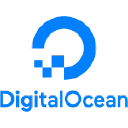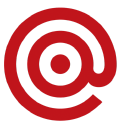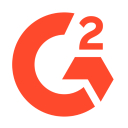How I Leveraged My Coding Skills And Built A $144K/Year Business
Hello! Who are you and what business did you start?
I am Usama, the CEO, and co-founder of SocialBu. SocialBu is a social media management platform. We help businesses manage and improve their social media presence.
Our main product is the SocialBu software, which helps our customers manage their social media presence, connect with their fans, analyze their social media performance, and improve it. Our customers include social media managers, marketing agencies, and small businesses.
I started as a student during my university time, and it was really hard to balance my startup and also keep up with my studies at the same time. We are 100% bootstrapped and have made about $300K since our launch.

What's your backstory and how did you come up with the idea?
I have a lot of freelance experience. I initially started as a freelance developer and that...













































